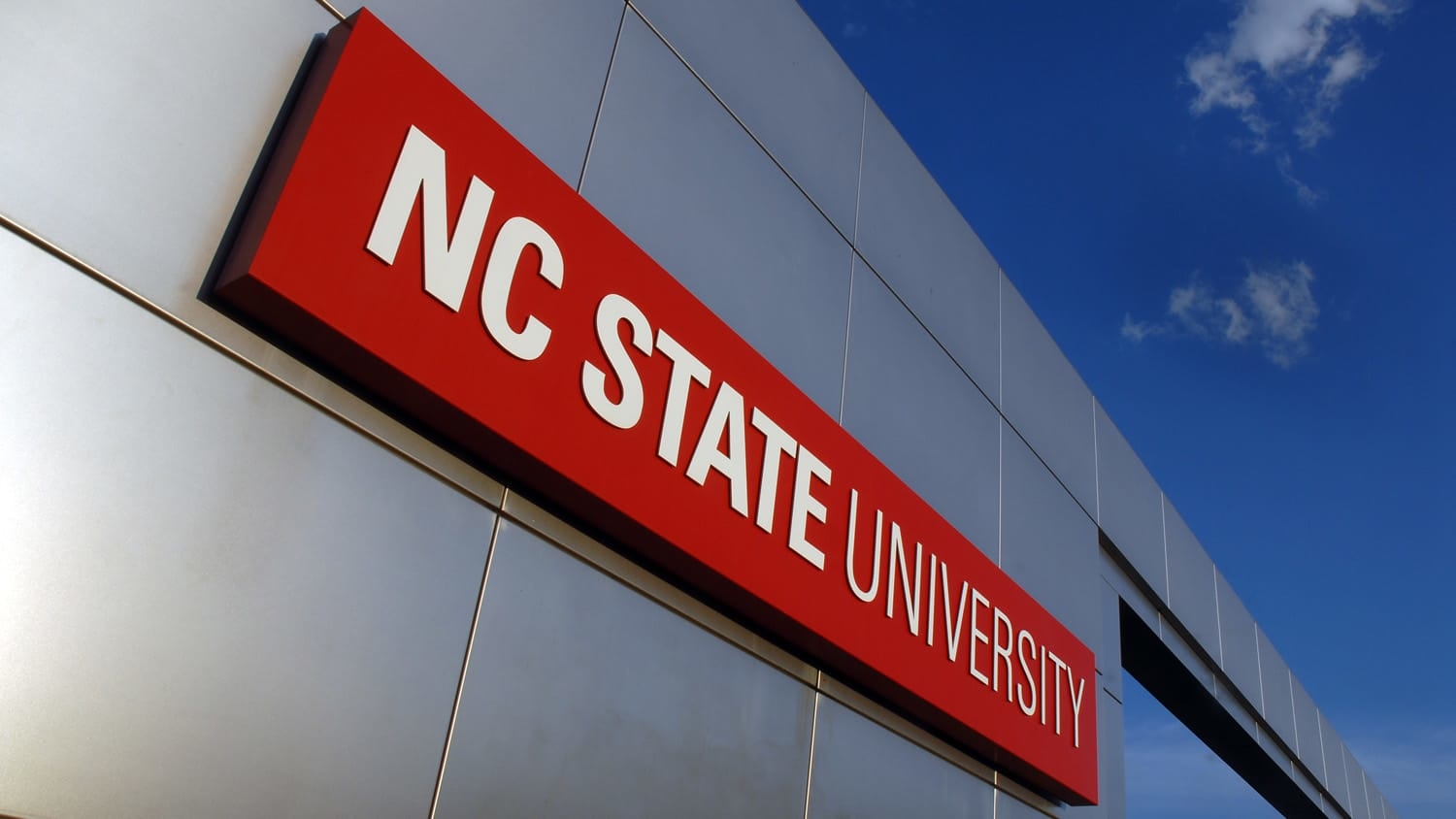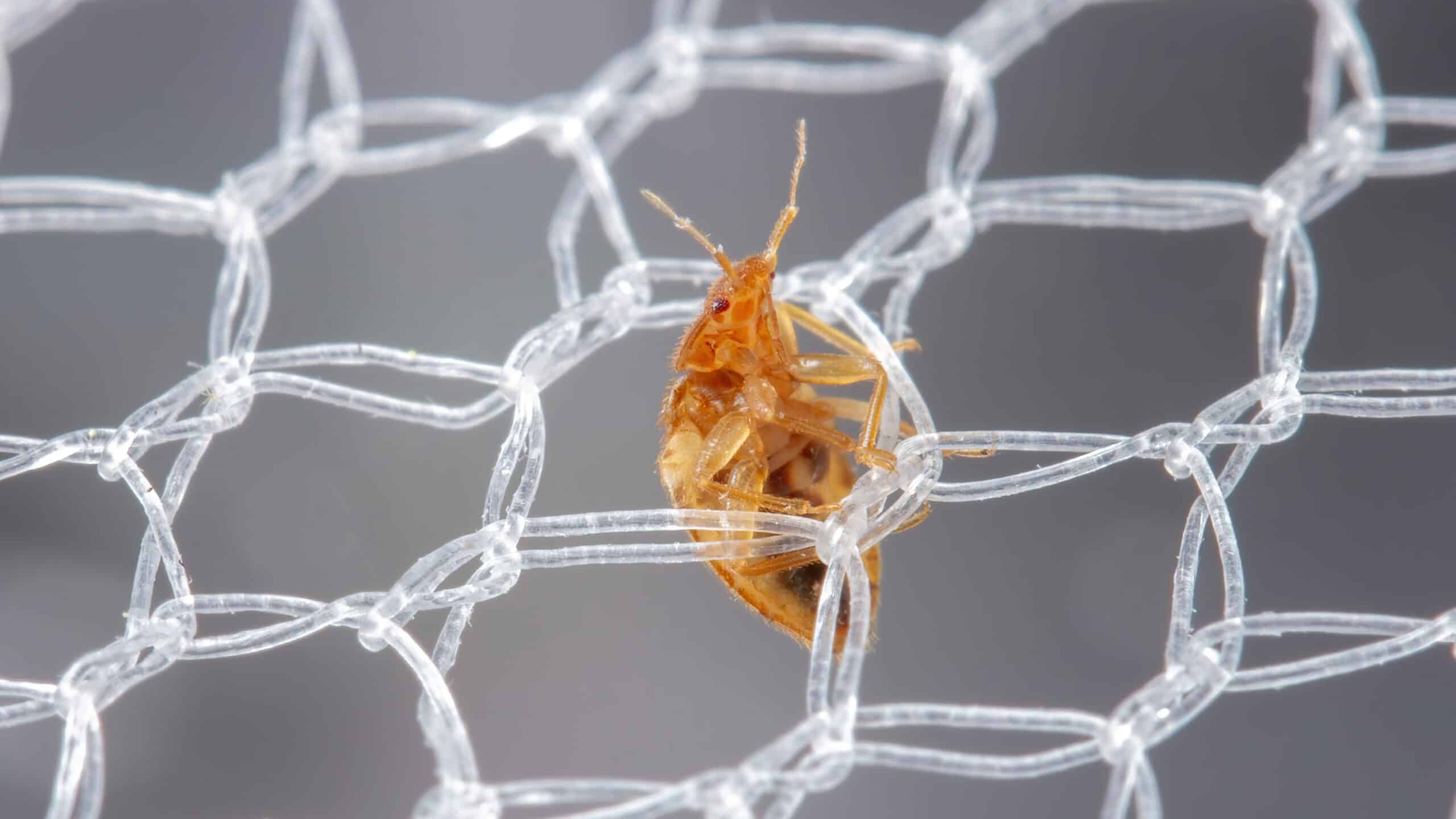From Farm to Fork
As organic grocery stores gain popularity and consumers become more aware of what’s really in artificially-flavored, vending-machine snacks, NC State is helping champion the benefits of locally grown food – all-natural delicacies that are key to healthy eating and give an economic boost to North Carolina growers and farmers as well.
On May 23, the NC State-based Center for Environmental Farming Systems (CEFS) co-hosted a picnic for more than 600 people at a Hurdle Mills farm to celebrate and enjoy local food prepared by area chefs. It’s just one way NC State is helping advance the cause of local food across the state.
“Promoting local food is not a fad,” said Dr. Nancy Creamer, director of CEFS and distinguished professor of sustainable and community-based food systems. “It’s a way to sustain our state’s small farmers, protect the environment by reducing the miles our food travels to reach us and help citizens to eat more healthy by consuming fresh, local produce and other farm products.”
The Farm to Fork Picnic, called the “Country’s Best All-You-Can-Eat Feast” by Bon Appetit, has consistently attracted faithful foodies from throughout the region. In its third year, the picnic – co-hosted by Slow Food Triangle and the Breeze Farm – regularly sells out, even at a cost of $50 a person.
Since fall 2008, the NC State-based CEFS – a partnership of NC State University, N.C. A&T State University and the N.C. Department of Agriculture & Consumer Services – has been active in working with citizens to develop local food economies for North Carolina. CEFS’s Farm to Fork initiative gathered input from more than 1,000 citizens, ending with a summit last spring and the announcement of 11 –game-changing ideas to advance the cause, including:
- The creation of the N.C. Sustainable Local Foods Advisory Council, which began meeting in February in hopes of promoting local foods within North Carolina.
- “From Farm to Fork: A Guide to Building North Carolina’s Sustainable Local Food Economy” – a guide that summarizes all the recommendations of the Farm to Fork initiative, along with personal goals for consumers.
In June, the 10% Campaign will kick off, to educate and encourage consumers to make 10 percent of the food they eat either locally or home-grown. Consumers will be able to sign up for the Golden LEAF-funded campaign and track their progress toward their goal of 10-percent local food.
N.C. Cooperative Extension – based at NC State and NC A&T State universities, with centers in all the state’s 100 counties – will also be a partner in the 10% Campaign. An extension agent in every county will serve as an on-the-ground resource person for both consumers and businesses or institutions that want help meeting their goal.
Though CEFS has led the charge at NC State for increasing local food consumption across the state, others have taken the lead on campus. The Campus Farmers Market, a student-led initiative that returns Sept. 1, originally began as an effort to provide a direct market for local food and to educate the campus community about the importance of buying local foods.
At the spring market, students from a nutrition class cooked and shared samples of dishes made with seasonal market foods – kale chips and strawberry shortcake. And each semester, University Dining holds a locavore dinner, with many foods produced in North Carolina.
The university also has a history of involvement with Slow Food International. Religion and philosophy professor Dr. David Auerbach has been a delegate to Slow Food’s Terra Madre, an international conference held in Italy every two years. Three Cooperative Extension professionals attended the event in 2008, hopefully with more to come in 2010.
Editor’s Note: Creamer was featured as the Tar Heel of the Week May 23 by The News & Observer for her efforts on behalf of local food.


